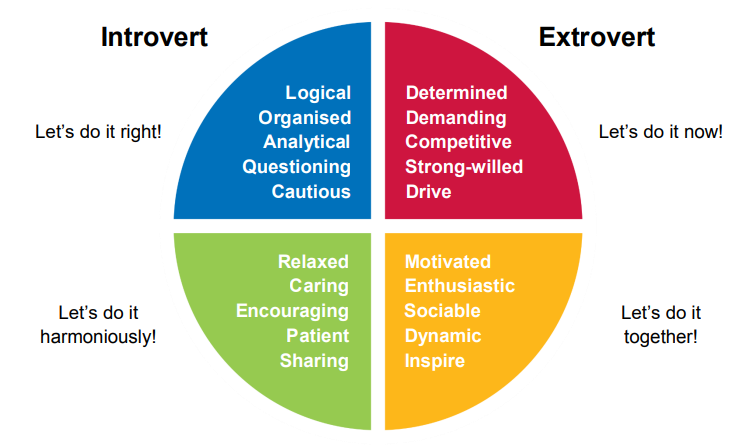Getting into Oxford University is no easy feat. With acceptance rates between 10-20% depending on the college, Oxford has some of the most competitive application requirements globally. However, with strategic planning, strong academics, and a standout application, it is possible to get into this world-renowned university.
One key element that applicants need to understand is UCAS points – the system that Oxford uses to assess academic achievement. So how many UCAS points to get into Oxford? Let’s break it down.

Understanding the UCAS Points System
UCAS (Universities and Colleges Admissions Service) points are used by universities throughout the UK to objectively compare applicants’ academic qualifications. Points are earned through public exam results like GCSEs and A-levels. Each grade in these major exams equates to a certain UCAS point value.
For instance, the top A grade* for A-levels earns 56 points while a C grade earns just 28 points. In total, applicants can accumulate up to 280 points from 3 A-level exams to convey their academic record. Oxford specifically has high standards, wanting applicants to maximize points across suitable subjects to showcase academic excellence.
What Grades and Points Does Oxford Look For?
So exactly how many points and what grades do you need to have a strong Oxford application? According to the university’s admissions statistics, successful applicants average over 160 points on exam results overall.
For context, this means achieving AAA grades or higher in 3 advanced subjects at A-level that relate to the chosen degree. However, some competitive courses like Medicine may require near perfect grades with 280 points. Beyond grades, scoring very highly in aptitude tests like the MAT orPhysics Aptitude Test can further demonstrate academic preparedness too.
In terms of prerequisite subjects, Oxford outlines required subjects for each degree program that applicants must excel in at GCSE/IGCSE and A-level. For instance, Biology and Chemistry success is essential when applying to Biological Sciences.
Crafting A Compelling Oxford Application
Beyond having the right grades to hit UCAS points expectations, crafting an outstanding overall application is crucial. This means having strong teacher recommendations, conveying clear interest and passion about your chosen course during interviews, having relevant extracurriculars like academic competitions or summer research programs, and writing focused personal statements.
It’s vital to understand that grades alone won’t guarantee Oxford admission. Showcasing multidimensional strengths beyond academia gives your application the best chance of success. Top applicants strategically choose enrichment activities and writing topics during secondary school to align with their prospective Oxford degree too.
Which Oxford Colleges Should I Apply To?
There are over 30 different undergraduate colleges at Oxford which offer slightly different course options, specialties, cultures, and selectivity. Choosing which one or two colleges to apply to is an important process. Applicants should extensively research each college’s academics, values and campus atmosphere to find the best personal fit.
Certain colleges like Balliol and St John’s are generally more competitive given their reputations and central locations. However, other colleges can be equally strong academically like Brasenose, Corpus Christ, or Wadham College. Ultimately you want to apply to a college matching your academic interests where you could see yourself thriving socially too.
Final Tips For Gaining Admission To Oxford
Earning a highly competitive spot at the University of Oxford takes advanced planning, academic dedication, and a complete application showcasing your multifaceted talents. By focusing on these key tips, you can position yourself for potential admission:
- Take public exams like GCSEs and A-Levels very seriously starting early on. Keep Oxford requirements in mind.
- Research your prospective course and college options extensively. Align extracurriculars too.
- Attain outstanding teacher recommendations that can strongly endorse you.
- Practice aggressively for required admissions tests like BMAT, LNAT etc.
- Craft an articulate personal statement and ace your interviews.
While gaining admission to Oxford is no easy feat, meticulous planning, sustained academic excellence starting early on, and a well-rounded application gives you the best chances of joining this esteemed global university.




